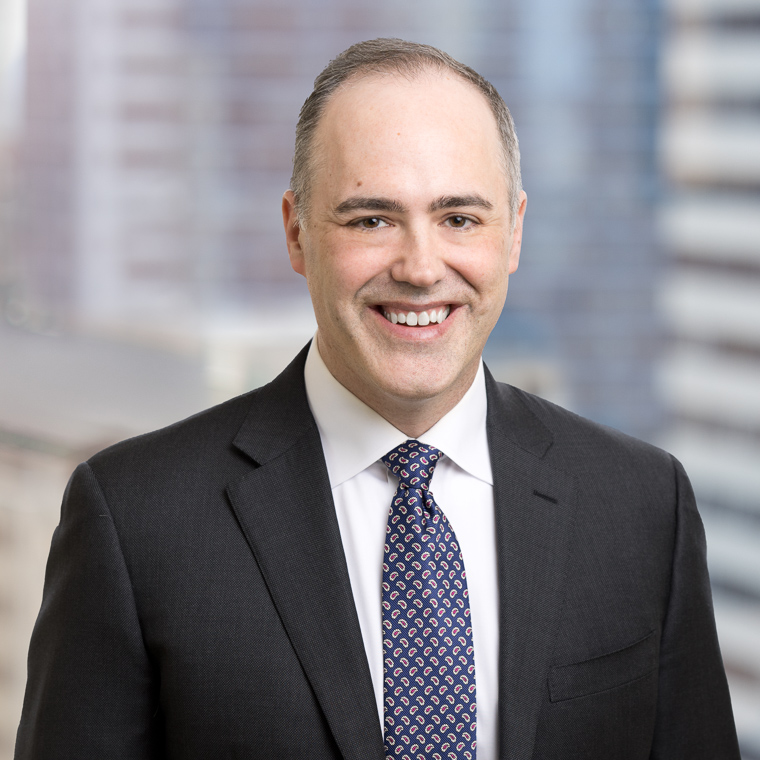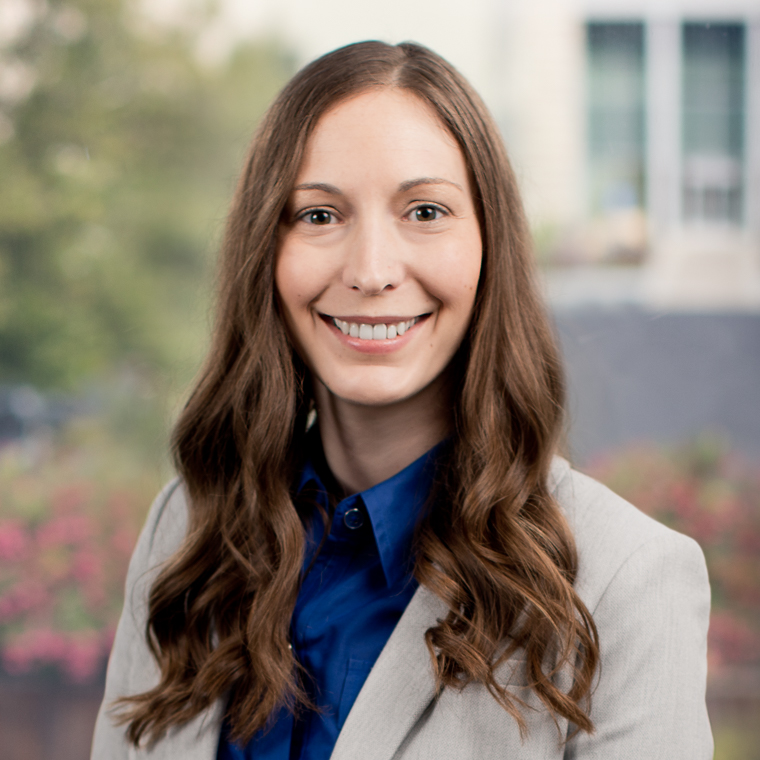An article written by Partner Louis Tompros, Associate Alexis Pfeiffer, Former Associate Richard Crudo and Former Summer Associate Rahel Boghossian, published by the Harvard Journal of Law & Technology, Volume 31, Number 1, Fall 2017. This article discusses the constitutional protections and legal limits on “fake news,” lies, and other false speech spread through social media. Specifically, the article addresses how the constitutional protections for false speech articulated in the Supreme Court's recent Alvarez decision could affect existing and proposed law governing false speech on social media. As specific examples, the article evaluates New York's recent false reporting statute, as well as the example of the Louisville “Purge” hoax, in which a teenager suggested on Twitter that his town was going to have a deadly “purge” based on a horror film series. Read the article.

